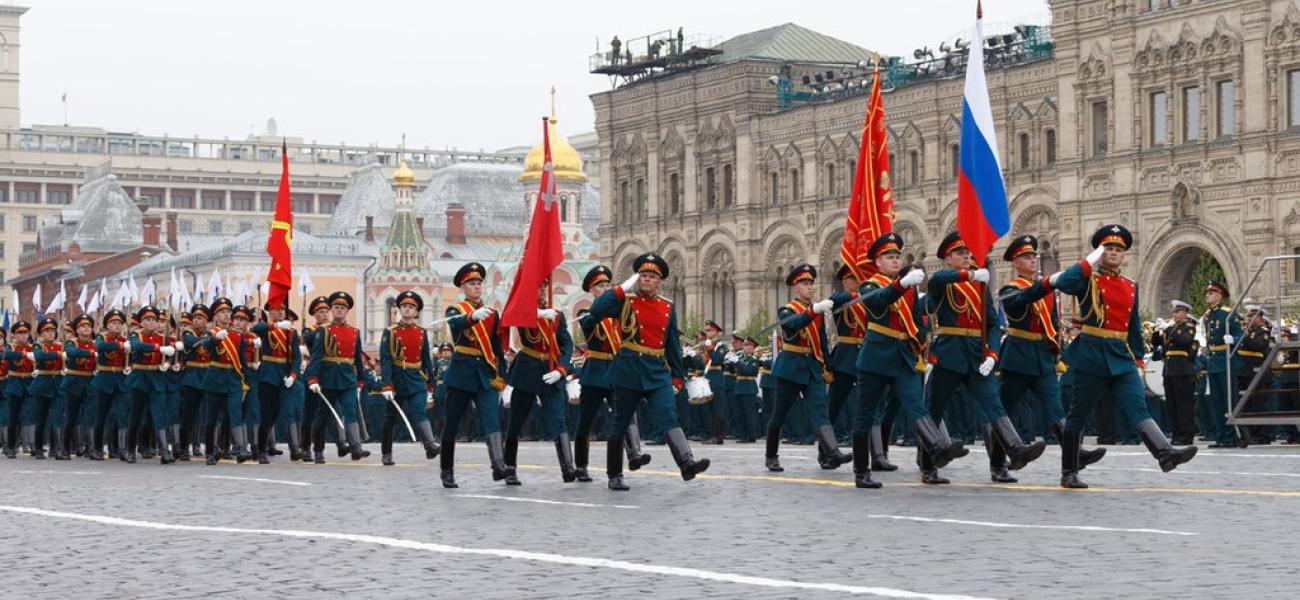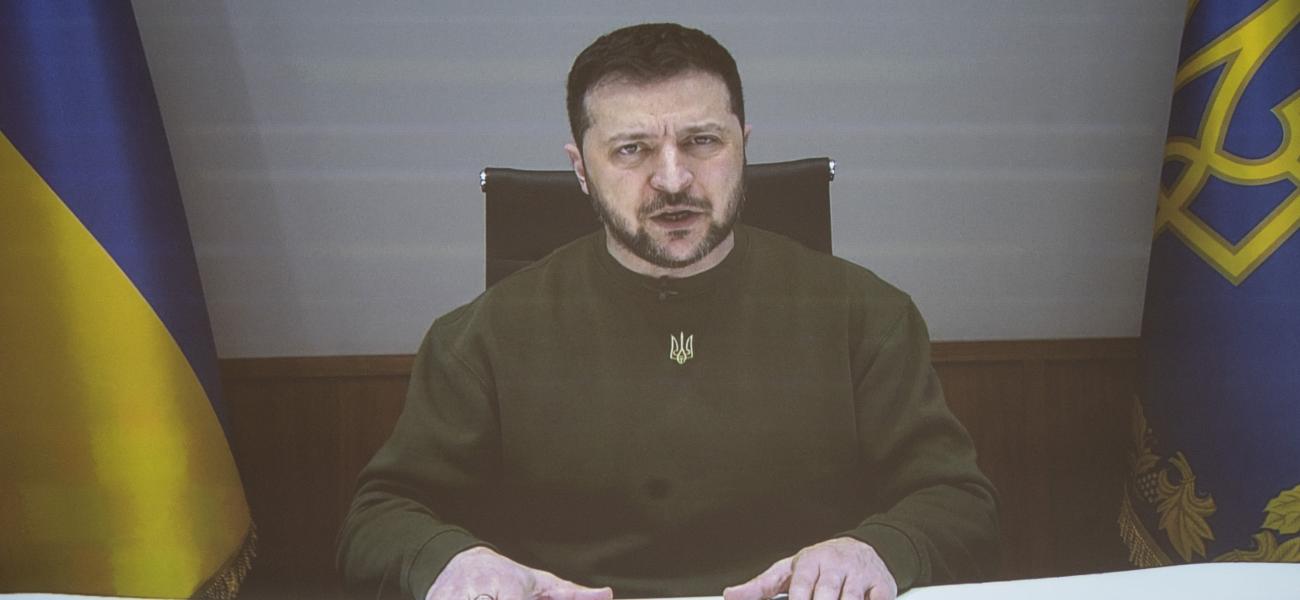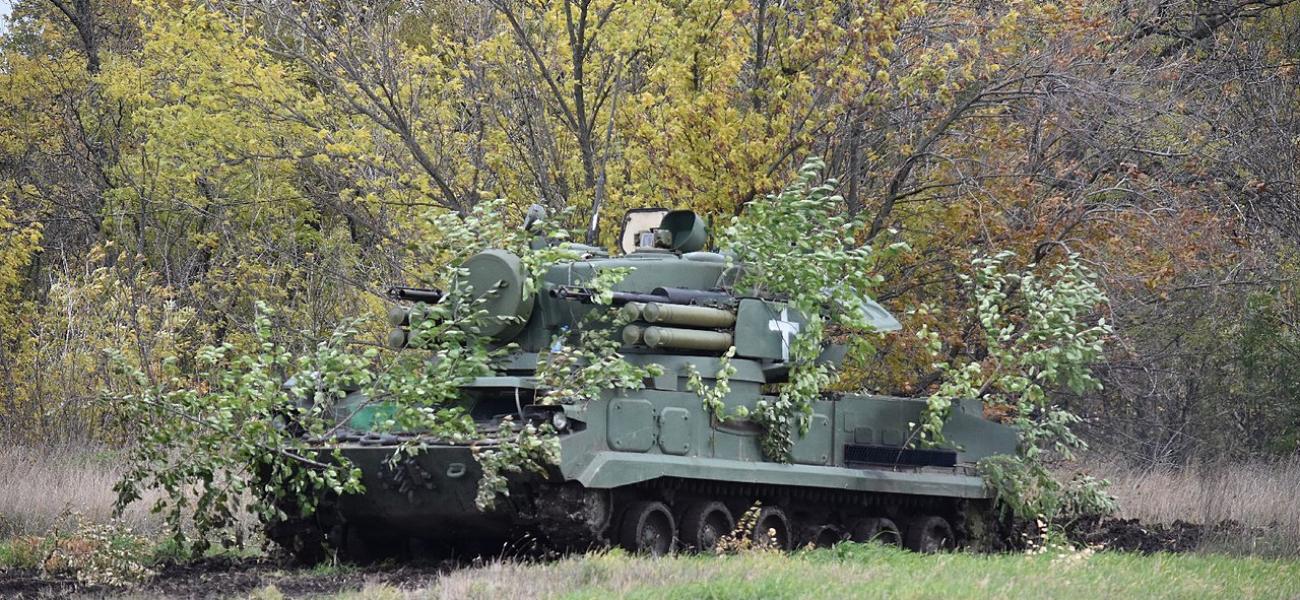April 11 update: Russia and Ukraine remain locked in intense territorial stalemate. Leaked US documents, including information about Ukrainian air defense shortages, potentially complicate Ukraine’s counteroffensive. Net territorial change in the past month: Russia +21 square miles.
In the Thick of It
A blog on the U.S.-Russia relationshipThe Russia-Ukraine War Report Card, April 4, 2023
April 4 update: Continued territorial stalemate. Wagner Private Military Company leader Prigozhin said Wagner has suffered significant losses in Bakhmut battle against Ukraine. Net territorial change in the past month: Russia +30 square miles.
The Russia-Ukraine War Report Card, March 28, 2023
March 28 update: No major changes—battlefield stalemate continues. Putin announced plans to deploy Russian nuclear weapons to Belarus. Net territorial change in the past month: Russia +40 square miles.
The Russia-Ukraine War Report Card, March 21, 2023
March 21 update: Stalemate, with continued intense fighting in Bakhmut. Putin met with Xi in Moscow, without visible progress towards peace. Net territorial change in the past month: Russia +42 square miles.
The Russia-Ukraine War Report Card, March 14, 2023
March 14 Update: War remains essentially unchanged—stalemate. Russia and Ukraine remain locked in a slow, costly battle in Bakhmut. Net territorial change in the past month: Russia +16 square miles.
Russia’s Positioning in the Annual Threat Assessment: 2022 vs. 2023
The Office of the Director of National Intelligence has just released the Annual Threat Assessment of the U.S. Intelligence Community. Unsurprisingly, one of the most notable changes in ATA-2023 compared to ATA-2022 is the addition of sections on various aspects of Russia’s war in Ukraine and its impact. In addition to Russia, the new assessment also details threats emanating from China, Iran, North Korea, climate change, environmental degradation and other transnational issues.
The Russia-Ukraine War Report Card, Mar. 8, 2023
The Belfer Russia-Ukraine War Task Force has released this week's Report Card detailing various indicators of the war in Ukraine, including territorial control, military losses and economic and civilian costs.
More Questions Than Answers on Russia and Ukraine at Munich Security Conference
This year’s Munich Security Conference focused heavily on the Russia-Ukraine war, which dominated both the public and private sessions. No Russian officials were invited, but several Russian opposition figures attended, including Mikhail Khodorkovsky, Garry Kasparov, Vladimir Milov, Zhanna Nemtsova, Yulia Navalnaya and 2022 Nobel Prize laureate Irina Shcherbakova. By contrast, Ukrainian officialdom and civil society were well represented. President Zelensky opened the conference virtually, thanking the United States, Europe and their Asian allies for their assistance, stressing the importance of the difficult next few months on the battlefield and asking for more weapons, particularly fighter jets. Foreign Minister Dmytro Kuleba and speaker of the Rada Ruslan Stefanchuk spoke on panels with their U.S. and European counterparts, in Stefanchuk’s case with former U.S. House of Representatives Speaker Nancy Pelosi. There were other Rada members and veterans in attendance. Viktor Pinchuk’s harrowing photographic exhibit of Russian war crimes, which he had shown at the World Economic Forum in Davos, was on display in the conference hotel.
The Russia-Ukraine War Report Card, Feb. 28, 2023
The Belfer Russia-Ukraine War Task Force has released this week's Report Card detailing various indicators of the war in Ukraine, including territorial control, military losses and economic and civilian costs.
The Harvard Russia-Ukraine War Task Force has released a Report Card including a dozen indicators that shed light on the outcomes and cost of one year of war in Ukraine. The Report Card will be updated weekly.




